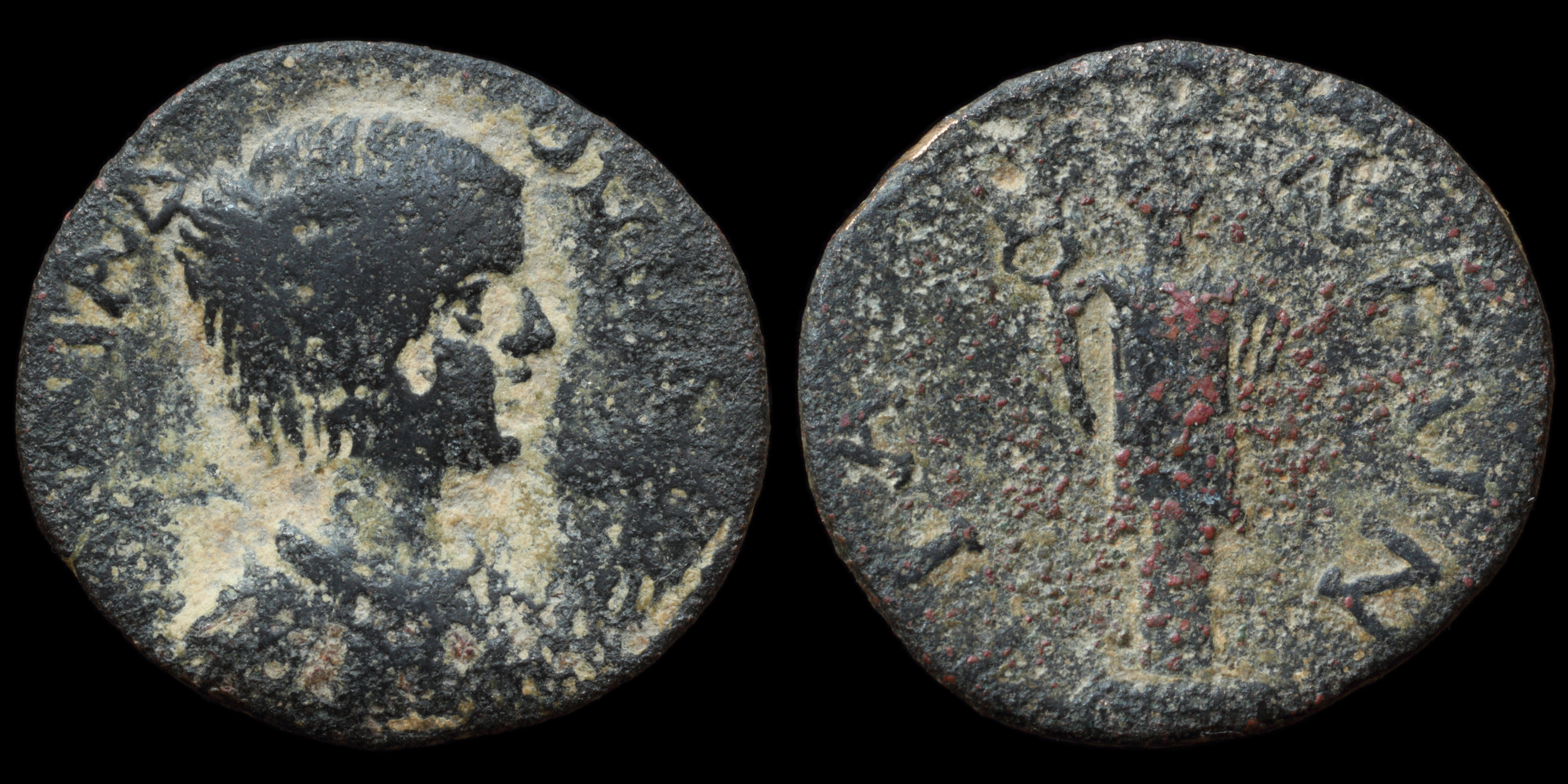Phigaleia, also known as Phialia, is an ancient Greek city in the south-west corner of ancient Arcadia, in the region of ancient Parrhasia close to the frontiers of Messenia, and upon the right bank of the Neda, about halfway between the sources and the mouth of this river. It is also the present name of a nearby modern village, known up to the early 20th century as Pavlitsa.
In 659 BC Phigalia was taken by the Lacedaemonians, but soon after recovered its independence by the help of the Oresthasians, who, according to an oracle, perished fighting against the Lacedaemonians. In 375 BC, Phigalia was rent asunder by hostile factions; and the supporters of the Lacedaemonian party, being expelled from the city, took possession of a fortress in the neighbourhood named Heraea, from which they made excursions against Phigalia. During the struggle between the Achaean and Aetolian leagues in 221 BC it was held by Dorimachus, who left it on the approach of Philip V of Macedon. In common with the other cities of Arcadia, it appears in Strabo to have fallen into utter decay under Roman rule.
In 659 BC Phigalia was taken by the Lacedaemonians, but soon after recovered its independence by the help of the Oresthasians, who, according to an oracle, perished fighting against the Lacedaemonians. In 375 BC, Phigalia was rent asunder by hostile factions; and the supporters of the Lacedaemonian party, being expelled from the city, took possession of a fortress in the neighbourhood named Heraea, from which they made excursions against Phigalia. During the struggle between the Achaean and Aetolian leagues in 221 BC it was held by Dorimachus, who left it on the approach of Philip V of Macedon. In common with the other cities of Arcadia, it appears in Strabo to have fallen into utter decay under Roman rule.
Modern location: Phigalia, Greece
(1)
Julia Domna

Obverse: draped bust right; IOVΛIA ΔOMNA
Reverse: Hermes facing, holding caduceus and purse; ΦIAΛEΩN
Diameter:
20.5 mm
Die Orientation: -
Weight: 4 g
Die Orientation: -
Weight: 4 g
No notes for this coin
BCD Peloponnesos 1649; NCP -, cf. pl. V, XII (rev. only, Severus); BMC -
